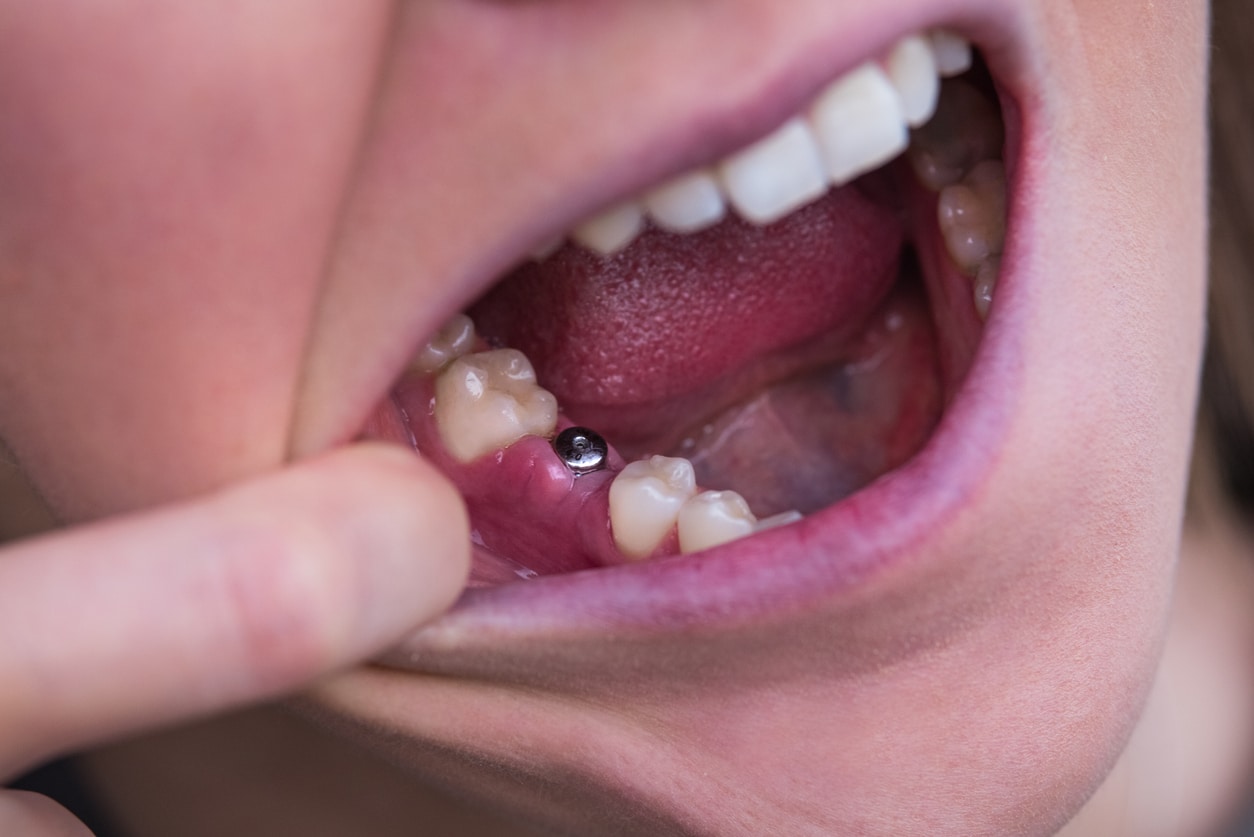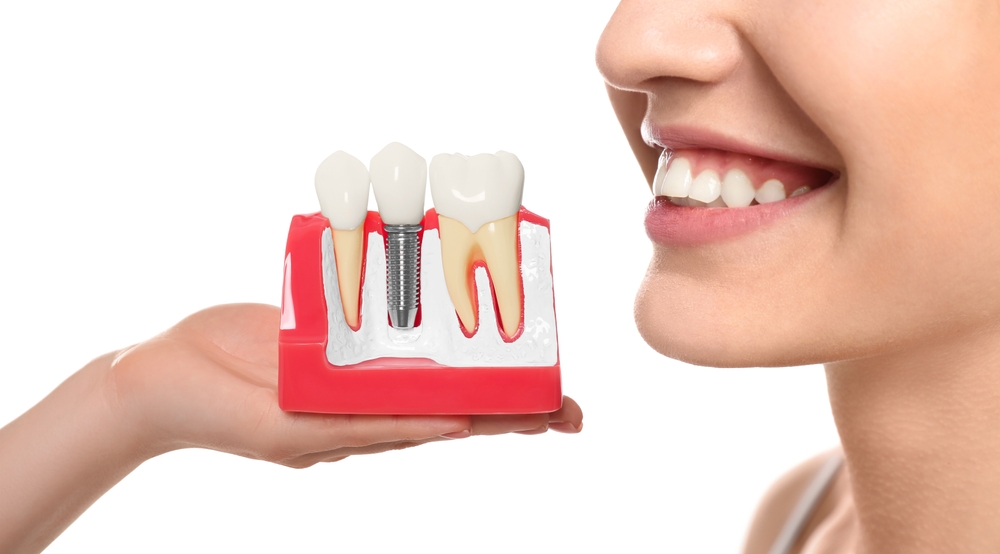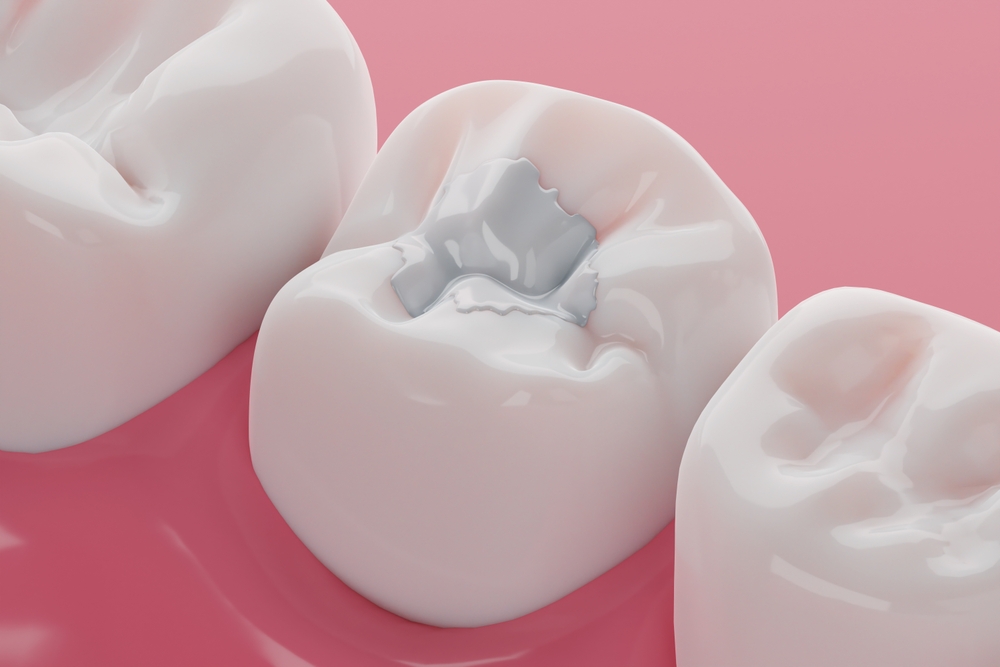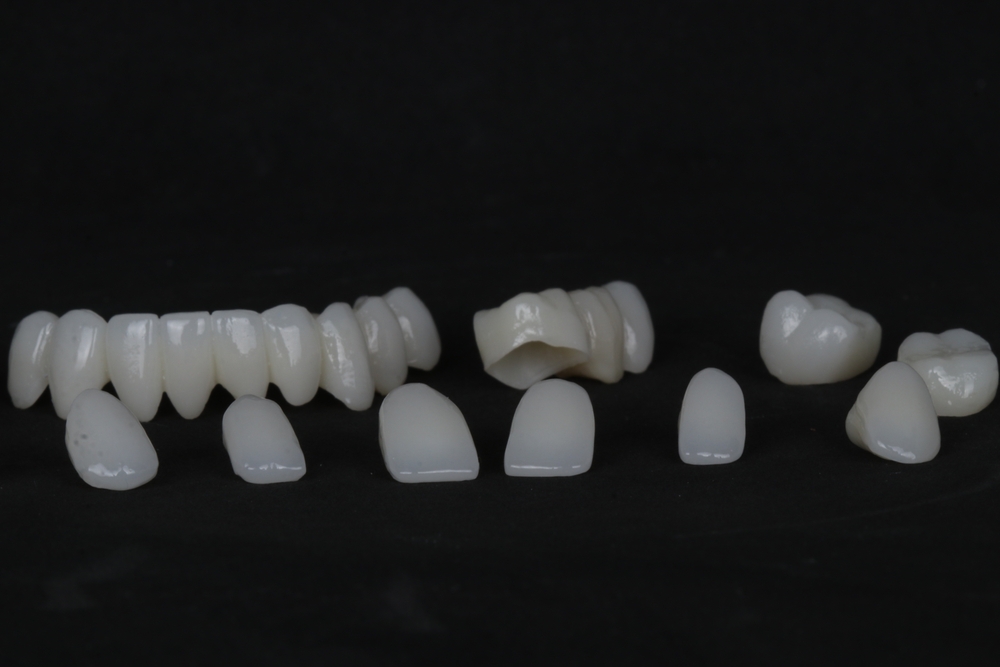Dental implants are one of the most reliable and long-lasting solutions for replacing missing teeth. They help restore your smile, support jaw health, and make chewing easier. While they have a high success rate, there is still a small chance that something might go wrong. Knowing what causes dental implant failure, how to spot it early, and what steps to take can make a big difference in your outcome.
If you’re thinking about getting dental implants in Etobicoke or already have them, this guide will help you understand what to look out for.
What Is a Dental Implant and How Does It Work?
A dental implant is a small titanium post that acts like a tooth root. It’s placed into your jawbone and topped with a crown to look and function like a natural tooth. Implants are strong and stable, but like any medical procedure, they can sometimes face complications.
Why Do Implants Fail?
Although most dental implants work well, there are times when they don’t heal properly or become loose later. Here are the main causes of dental implant failure:
- Poor Bone Health: If there isn’t enough bone to support the implant, it might not hold properly.
- Infection (Peri-Implantitis): Bacteria can infect the area around the implant, leading to swelling, pain, or bone loss.
- Smoking: Smoking slows down healing and increases the risk of failure.
- Poor Oral Hygiene: Not keeping your mouth clean can lead to infection and implant issues.
- Teeth Grinding (Bruxism): Constant pressure can damage the implant over time.
- Medical Conditions: Conditions like diabetes or immune system issues can affect healing.
If you’re being treated by an Etobicoke dentist, they will usually check for these risks before recommending implants.
Warning Signs Your Implant May Be Failing
It’s important to spot the early signs your dental implant is failing so your dentist can help right away. Some of the most common symptoms include
- Persistent pain or discomfort around the implant
- Swelling, redness, or bleeding gums
- A loose or shifting implant
- Trouble chewing or biting
- A bad taste in your mouth that doesn’t go away
Don’t ignore these symptoms. They might be minor now, but they can get worse quickly without treatment.
Early vs. Late Implant Failure
Dental implant failure can happen at different times. Early failure happens within the first few months—usually due to poor healing, infection, or the implant not fusing with the bone. Late failure can happen years later, often due to gum disease, pressure, or bone loss.
No matter when it happens, visiting a trusted dental clinic in Etobicoke at the first sign of trouble can help save the implant or prevent more serious damage.
Treatment Options for Dental Implant Failure
If your dentist finds that your implant is failing, there are different treatment for dental implant failure options depending on the cause and how serious it is.
- Cleaning and Medication: If the issue is an infection, your dentist might clean the area and prescribe antibiotics.
- Bone Grafting: If bone loss has occurred, a bone graft can rebuild the area so a new implant can be placed later.
- Implant Replacement: In some cases, the implant might need to be removed and replaced after healing.
- Gum Treatments: If the gums are damaged, deep cleaning or gum surgery may be needed.
Your dentist will suggest the best treatment plan based on your unique situation.
Dental Implant Complications to Be Aware Of
Some dental implant complications are rare, but it’s good to be aware of them:
- Nerve damage: If the implant is placed too close to a nerve, it can cause tingling or numbness.
- Sinus problems: Implants in the upper jaw can sometimes affect the sinuses.
- Implant fracture: Though rare, the metal post can crack under heavy pressure.
These problems can usually be avoided by choosing an experienced dentist and following their advice before and after surgery.
How to Prevent Dental Implant Failure
Luckily, there are many ways to lower your chances of implant failure. Here are some tips for preventing dental implant failure:
- Practice good oral hygiene: Brush and floss every day, especially around the implant.
- See your dentist regularly: Regular checkups help catch issues early.
- Avoid smoking: Smoking slows healing and raises the risk of infection.
- Watch your diet: Avoid hard or sticky foods that may stress the implant.
- Wear a mouthguard: If you grind your teeth at night, a guard can protect your implant.
Taking care of your implant is just like taking care of a real tooth—it needs daily attention and routine dental care.
Don’t Wait—Get the Care You Deserve
If you notice discomfort, looseness, or other changes around your implant, don’t ignore it. The sooner you act, the better your chances of saving your implant and protecting your oral health.
At Kailash Dentistry Queensway, our team is ready to help you manage any dental implant concerns with expert care and personalized solutions. Whether you’re considering implants or need help with an existing one, we’re here to guide you every step of the way. Book your appointment today and get the care you need to smile with confidence again!






